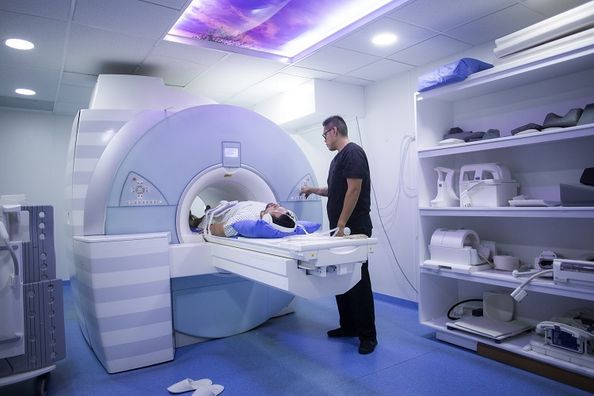
The Dos and Don’ts of Using AI Chatbots for Health Advice
By Mariya S. Rampurwala, MD
AI chatbots are answering millions of health questions daily, but one study found they gave dangerously wrong advice about mixing medications that could cause someone to faint. While these digital doctors can help you prep for appointments and find basic health info, knowing when to trust them (and when to run to a real physician) could literally save your life.









